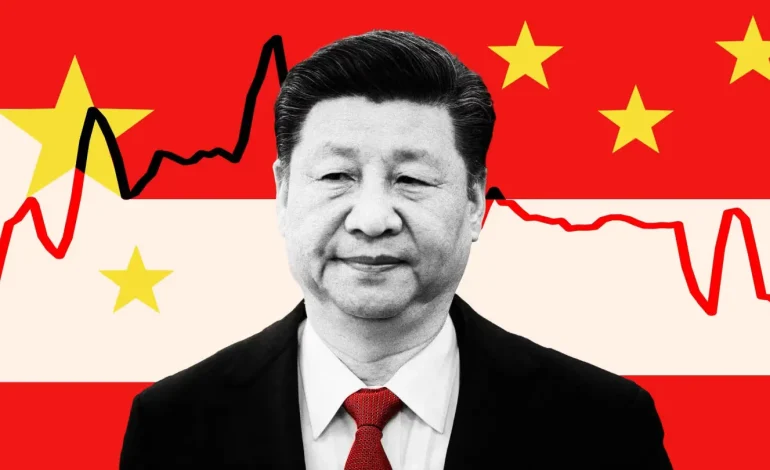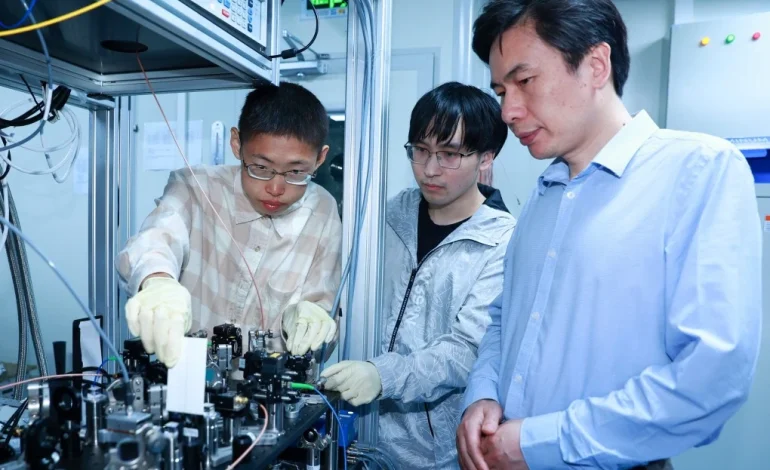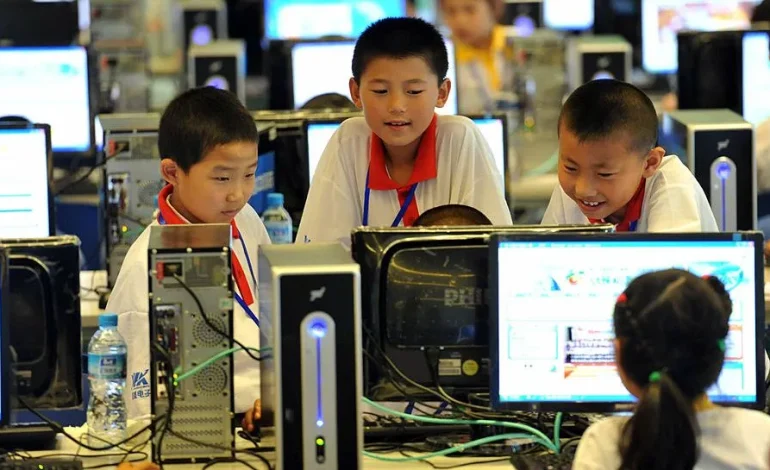Inflation, Youth Unemployment, and the Social Contract

How economic pressures are reshaping expectations between China’s young generation and the state.
A Generation Under Strain
China’s economic miracle lifted hundreds of millions out of poverty, but today’s young generation faces a harsher reality. Inflation in essentials, soaring housing costs, and rising youth unemployment, which topped 20% in 2023 before data was briefly suspended, are testing the social contract between the state and its citizens.
For decades, the unwritten promise was clear: work hard, study hard, and prosperity would follow. But for many in Gen Z, that contract feels broken.
The Jobs Crunch
Despite record numbers of university graduates, suitable jobs are scarce. High-paying tech positions have slowed amid regulatory crackdowns, while real estate and finance once reliable sectors are shrinking.
As a result, many young Chinese face underemployment, working in roles below their qualifications or drifting between gig work and temporary contracts.
This mismatch erodes confidence, fueling phenomena like “lying flat” (tang ping), rejecting the relentless pressures of overwork and “involution” (neijuan), feeling trapped in a cycle of competition without progress.
Inflation and Daily Struggles
Beyond jobs, inflation adds pressure. Food and rent consume a growing share of incomes, while stagnant wages leave little room for savings.
Youth sentiment surveys reveal declining optimism: fewer young Chinese believe they will be better off than their parents. This shift represents a profound cultural and political challenge for Beijing, which relies on rising living standards to maintain legitimacy.
State Responses
The government has rolled out measures to address discontent:
- Hiring subsidies for companies that employ fresh graduates.
- Youth entrepreneurship programs encouraging startups in green tech and digital services.
- Expansion of the civil service as a safe but limited alternative.
Yet critics argue these steps treat symptoms rather than causes, and that deeper structural reforms are needed to ensure sustainable employment growth.
The Digital Finance Angle
Some pilot programs target youth financial resilience. Cities like Shenzhen and Chengdu are testing digital settlement tools for stipends, internships, and microloans, ensuring that young workers receive faster, transparent payments.
These measures may seem minor, but they offer a psychological safety net, signaling that the state is experimenting with modern tools to restore confidence. The quiet fusion of fintech with social policy is becoming a hallmark of China’s response.
Shifting Expectations
The challenge is not only economic but generational. Today’s youth expect more flexibility, more transparency, and more participation in shaping their futures. Their global outlook, shaped by digital culture, contrasts with earlier generations that endured hardship with fewer expectations of immediate opportunity.
If the gap between aspirations and reality widens, discontent could harden into cynicism a trend Beijing is eager to avoid.
Global Parallels
China is not alone. From Spain to South Korea, young people face high unemployment, housing crises, and stalled upward mobility. But in China, the scale is unprecedented millions of graduates each year navigating a slowing economy.
This makes the stakes higher, not just for individuals but for the stability of the country’s development model.
Outlook: Renewing the Social Contract
China’s future depends on whether it can renew its social contract with the young. That means more than temporary subsidies; it requires structural reforms to create jobs, affordable housing, and pathways to entrepreneurship.
For global readers, the key lesson is that China’s economic story is no longer just about growth rates or exports. It is about the fragile balance between a state that promises opportunity and a generation that demands it.






